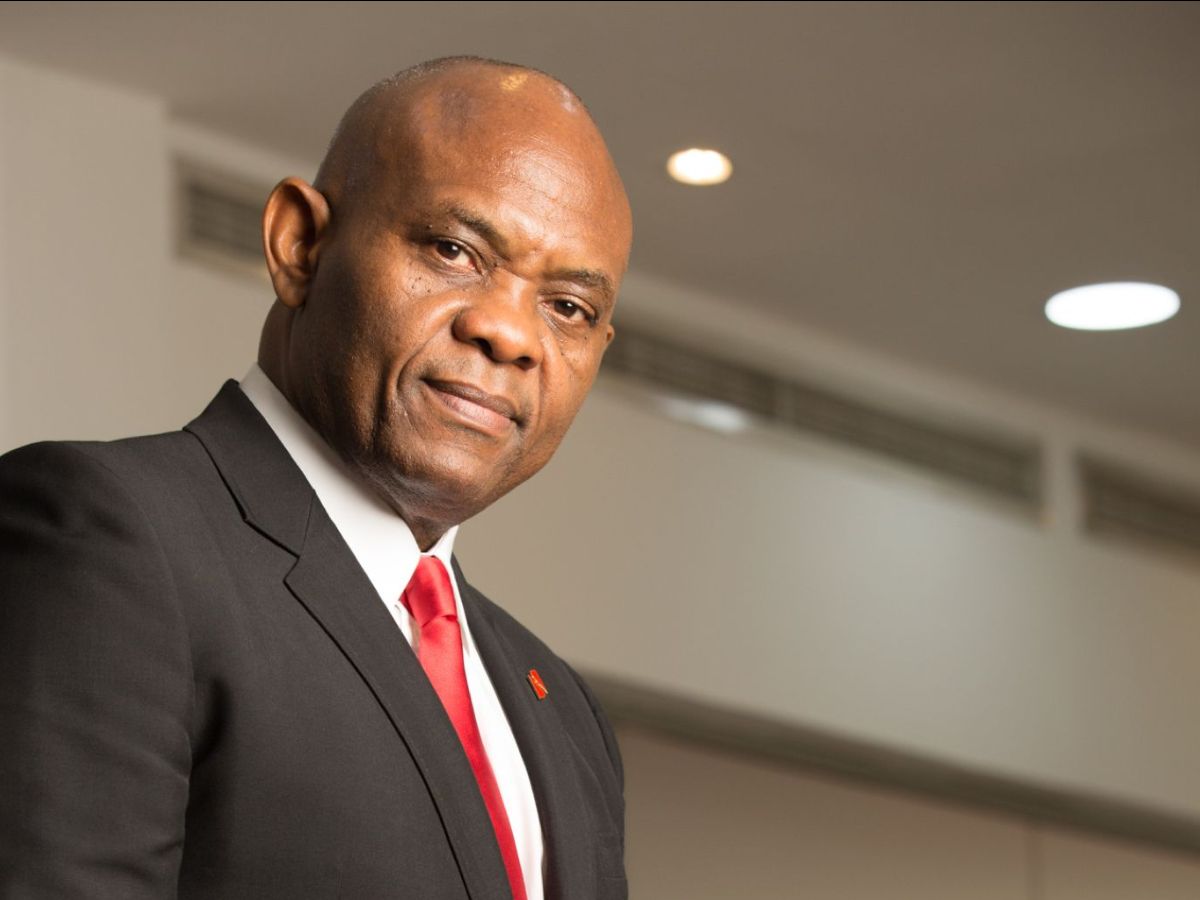The current brouhaha over Rarara’s bogus honorary doctorate is instructive. Triggered when the ‘European-American University’ rushed out a disclaimer yesterday evening dissociating itself from the ceremony that happened earlier in the day, denying it had awarded the musician, or anyone else, an honorary degree.
The ‘university’ itself does not appear to be accredited by any country’s department of education or recognized authority. No honour among thieves.
These fiascos are not new. It is hardly the first award-for-sale scheme, and it won’t be the last. My first brush with the racket was almost twenty years ago. An organization wrote to say I was to receive an award for my ‘immense contributions to yada yada’. The catch: payment of a hefty sum. Their glossy brochure had pictures of past ceremonies (I even recognized one recipient). I binned their letter and went on with my day. Since then, many such letters have come my way.
Last year, an acquaintance shared awards that she and her company had just won. She is a highly accomplished woman doing great things professionally, and I was happy for her. Something about the awards rang a bell. A quick search confirmed it was ‘pay-to-win’. I had come across online posts about the modus operandi of the organization. As far back as 2009, it charged about $3,500 per ‘award’ (I wonder what they charge now). Pay the fee, fly at your own cost to the foreign destination, collect the ‘vanity award’ with fanfare, while the organisers smile to the bank.
Advertisement
DOCTORATE DEGREES FOR SALE
Soon after, the same acquaintance announced an honorary doctorate awarded to her by the American Management University (AMU). Its website claims it was “approved as a distance learning establishment by the Rector of the Paris Academy” amidst other questionable claims. In reality, AMU has been handing out dubious honorary doctorates to Nigerians for years, hosting annual ceremonies at the Abuja Continental Hotel during their so-called “Peace Achievers International Awards and Summit”. The honorary doctorate hustle has become quite the cash cow.
Some years earlier, another acquaintance posted her new PhD from ‘Commonwealth University’. I had no idea she had been working on a doctorate degree programme. I was filled with admiration. Reading comments below her post, a couple of people stated that they too had been contacted by CU to be awarded the PhD, but they could not make it to Dubai. Intrigued, I wanted to know more about the university and its link to Dubai. I looked it up. Its ‘dot-com’ web address raised flags. Curious, I searched further. Online reports and news articles confirmed that the proprietor had been outed (in Nigeria and other African countries) for selling “fake degrees”. The deal? Pay thousands of dollars, spend less than a week at a seminar in Dubai, and walk away with a PhD. Ridiculous.
Advertisement
A well-known Islamic leader once asked my advice on a letter from a ‘UK institution’ offering him an honorary PhD. All they needed was a few thousand pounds: for his ceremonial ‘robe’ and other ‘expenses’. Fortunately, someone recommended that he reach out to me (I was working with an international organization known for working with UK education institutions at the time). A quick search showed it was a ‘diploma mill’ with a shady history.
These outfits use respectable-sounding names: “European-American University”, “Commonwealth University”, “London Graduate School”, American Management University. The global flavour in the names is deliberate, but their primary market is Africa, where gullible professionals become easy marks.
The proprietor of ‘Commonwealth University’ also runs the Institute of Management Consultants (IMC) in Nigeria. For years, I have received emails from them offering fellowship at a price. You will find posts online from right-thinking people outing the IMC for the money-making scheme that it appears to be and cautioning those who wished to take up the fellowship (FIMC) offer. Sample: “I suspect a great scam here. I have been receiving this type of mail since last year. I have received the same mail thrice in the last three weeks. There’s a way these scammers harvest names and addresses. Beware sir!” It is telling that I have never seen MIMC after anyone’s name, but FIMCs are everywhere, a dime a dozen. That is the bait. Go figure.
Another curious case is the Chartered Institute of Human Resource Management, a Nigerian outfit with “global” in its web address. Beyond fellowships, it even sells “doctoral fellowships”. Eligibility: fifteen years of work experience in HR, management, business consulting or “related fields”. Price: two hundred thousand naira and bingo, you can add “Dr” before your name and append the suffix: “DR-FCIHRM”. Renewable annually at twenty thousand naira.
Advertisement
MEDIA HOUSES JOIN IN
Some media outlets have joined the bandwagon and peddle influence lists, awards to members of society: provided they buy advert space. Take up the offer and be featured in their “Most Influential …”, “Top 100 …” or “Who’s Who” spreads.
SOCIAL MEDIA AND INFLUENCER AWARDS
Recently, an African influencer was left distraught after flying to Europe for a social media award ceremony. She sat through the event in full finery, only to be ignored by the organisers. No call to the stage, not even for the group photo. (Accidentally-on-purpose it appears.) Only at the very end, with the hall nearly empty, did organisers hand her a trophy. She had spent money and devoted precious time to travel, paying dearly: for humiliation. All while chasing an ‘award’.
Advertisement
IS IT LEGAL?
Apparently, it is not illegal for organisations to offer dubious degrees and awards. That I learned from my searches. Perhaps legal experts can clarify.
Advertisement
As long as there are ‘customers’ willing to pay, it thrives. The money motive is strong, and people’s desire for recognition is equally strong. The two align in a pseudo ‘perfect market’ where supply meets demand at the optimum equilibrium point.
These organisations are supplying a ‘product’ that is in demand, which people are obviously prepared to buy. Why then is it a concern
Advertisement
Legality is not the same as legitimacy. They are often deceptive in their marketing. They may not be illegal, but the schemes cheapen the meaning of achievement. They trivialise the years of toil that genuine doctoral students endure, and devalue the true honour (that should be obvious to most) of an honorary doctorate earned by exceptional contribution.
WHY DO PEOPLE FALL FOR IT?
Advertisement
Why do accomplished people fall for these schemes? What is it about the human psyche? Hunger (desperation) for recognition. Status anxiety. Social validation bias. The lure of external validation. Even accomplished people are not immune.
Until we begin to value substance over form, real over fake, the impact over the plaque, the business of bogus titles will continue to flourish.
Nevertheless, at the end of the day: a goat wearing a lion’s skin is still a goat.
Views expressed by contributors are strictly personal and not of TheCable.









